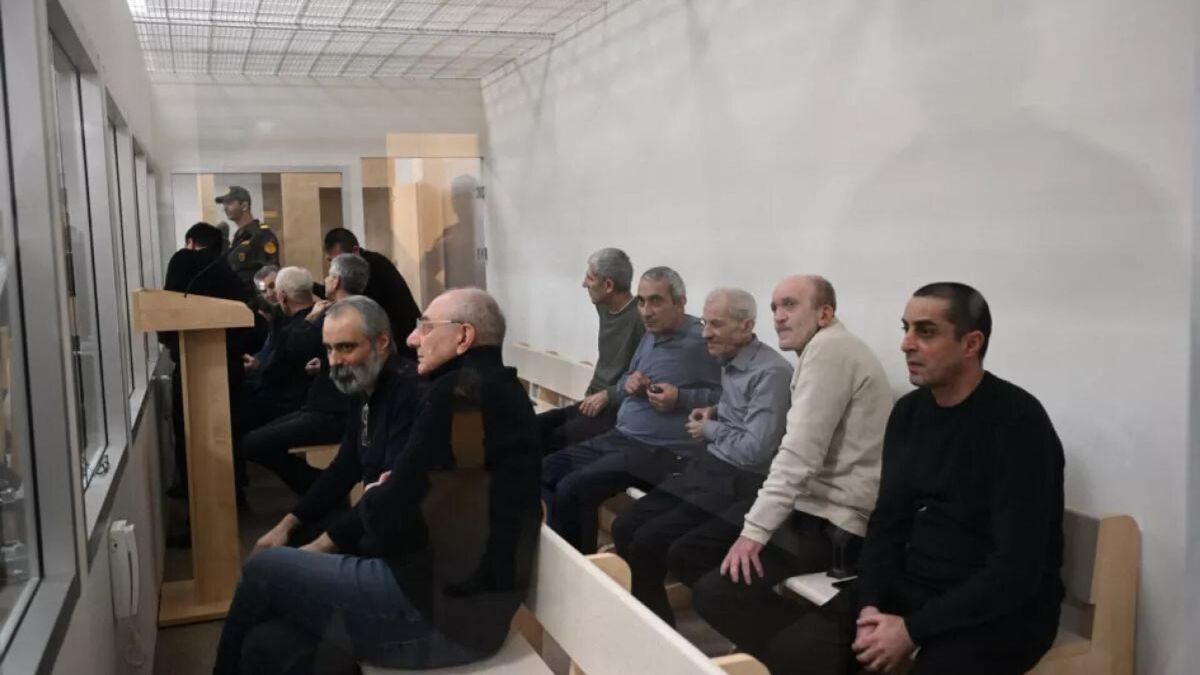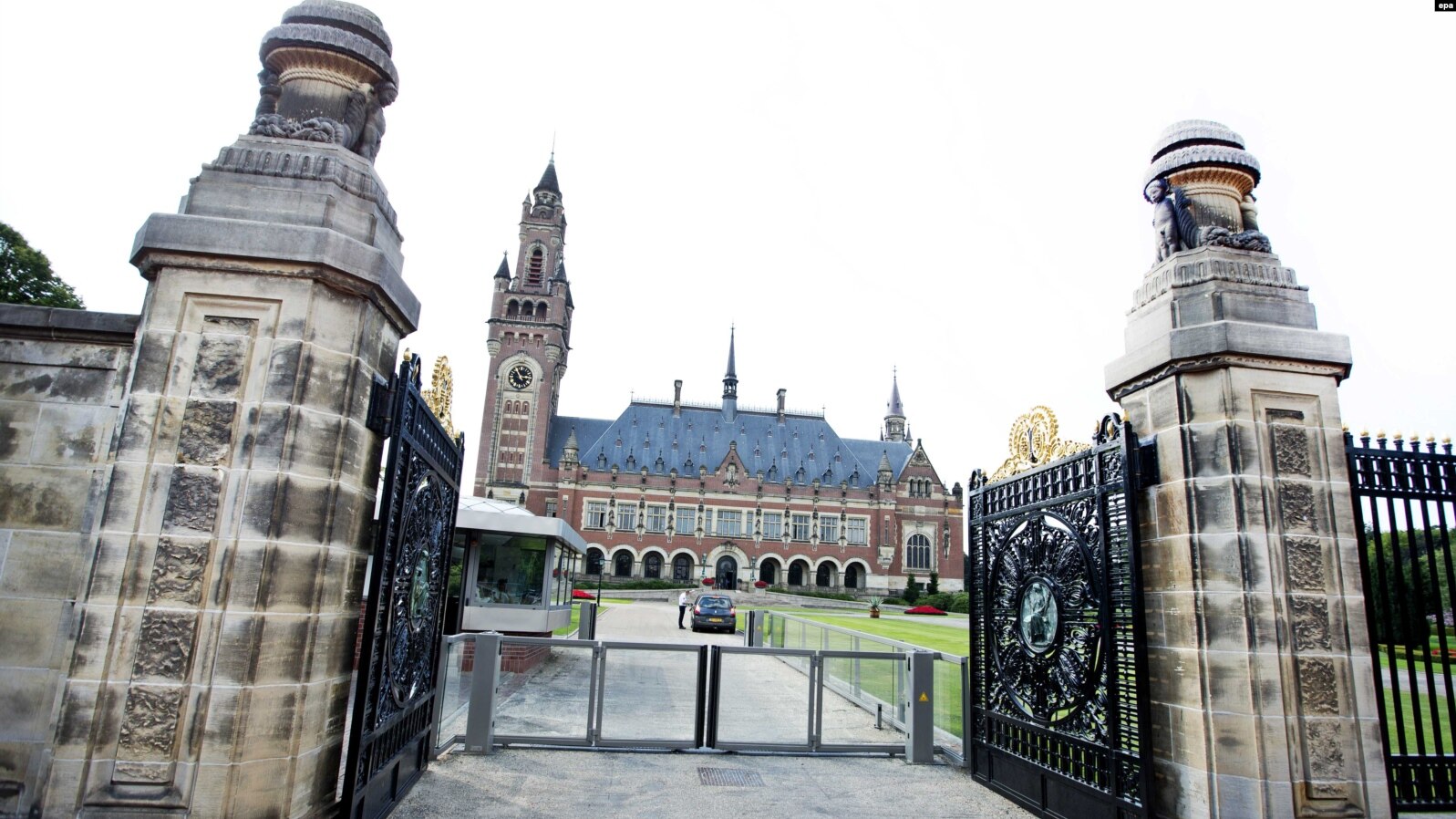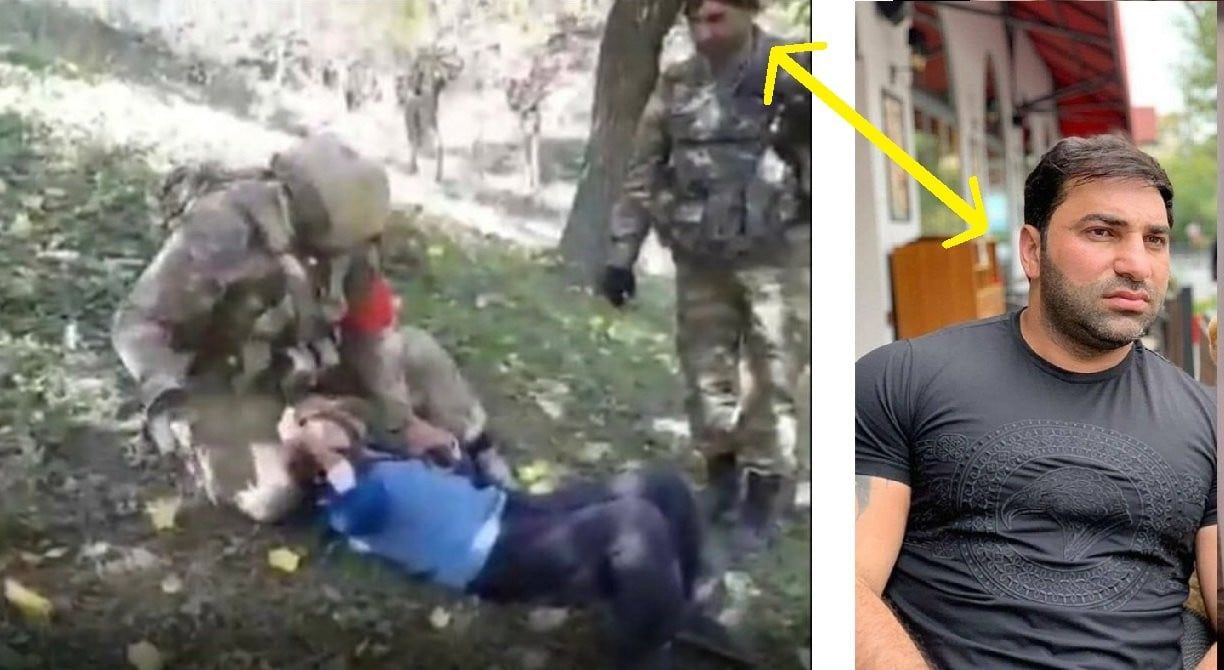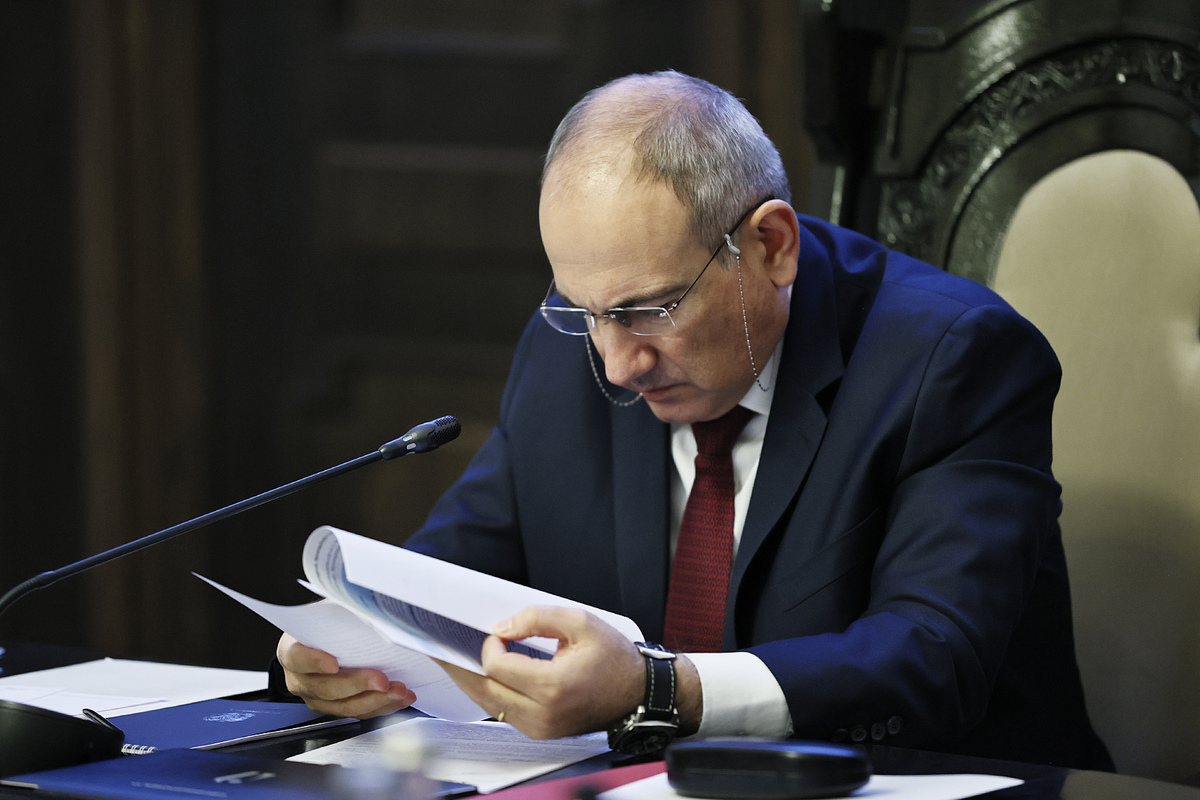Opinion: "Baku alarmed by Armenia’s legal action amid potential consequences for Aliyev”
Baku concerned over Armenia’s lawsuits
Two months ago, Armenia and Azerbaijan agreed on the text of a peace treaty, reaching consensus on two contentious points — one of which was the mutual withdrawal of international legal claims. While experts in Armenia do not expect the treaty to be signed in the near future, discussions continue on whether such a step would be justified.
According to international law expert Ara Kazaryan, this would only be logical if the peace agreement includes “mechanisms of legal protection” — such as provisions for investigating crimes committed against Armenians, the return of Karabakh Armenians to their homeland, and compensation for their lost property.
“Even if these legal mechanisms aren’t included in the document, it’s essential to at least acknowledge the principle that we are signing the agreement now but will establish such mechanisms in the future,” said the lawyer, who specialises in international law.
Armenia has filed four lawsuits against Azerbaijan at the European Court of Human Rights. These relate to violations committed against Armenians during the 2020 war, unlawful trials of prisoners of war, Azerbaijani aggression against the sovereign territory of the Republic of Armenia, and the resulting human rights violations. The most recent case concerns the blockade of the Lachin corridor, the infringement of the rights of more than 100,000 people, their forced displacement, and the 2023 military actions.
Armenia has also brought a case against Azerbaijan at the UN International Court of Justice for violating six articles of the International Convention on the Elimination of All Forms of Racial Discrimination. Baku has responded with a counterclaim.
- ‘Fate of Armenian prisoners will depend on Baku’s whim’: Opinion from Yerevan
- Opinion: “Armenia must not refrain from filing lawsuits against Azerbaijan.”
- A year after Armenians’ exodus from Nagorno-Karabakh: Current situation and perspectives from Yerevan
“Armenia’s victory in international courts is highly likely”
Ara Kazaryan believes that the lawsuits filed by Armenia are likely to be upheld — and says Azerbaijan is aware of this. Moreover, the lawyer suggests that during the proceedings, additional violations may come to light:
“This will expand the scope of the case regarding war crimes, which may be classified as crimes against humanity. As a result, the blame — and consequences — will point once again to Azerbaijan’s military-political leadership. This is precisely what concerns Baku. Evidence of that concern lies in the recent European Parliament resolution, which calls on the International Criminal Court to open a case against Azerbaijan’s leadership — specifically President Aliyev.
Furthermore, it’s easier to win a case in the European Court of Human Rights if the party is recognised as a victim — and Armenia has held that status since 2020.”
“Armenia presents facts to the court, Azerbaijan offers fabricated stories”
According to Ara Kazaryan, the inter-state cases filed by Armenia at the ECHR and the UN International Court of Justice cover a wide range of issues, including ethnic cleansing, forced displacement, and the destruction of Armenian cultural heritage:
“Evidence and documentation show that from the very beginning, Azerbaijan aimed not only to gain military advantage on the battlefield but also to carry out ethnic cleansing and forcibly displace the Armenian population from Nagorno-Karabakh. The driving motive is hatred towards Armenians.”
The lawyer is convinced that Baku lacks factual evidence. To create a false equivalence, he says, Azerbaijan is “spreading fabricated stories.” He also notes that following the mass exodus of Armenians from Karabakh, international institutions no longer treat Armenia and Azerbaijan in the same way:
“Legally, the balance has shifted in Armenia’s favour. The reason is simple: Armenia provides concrete facts. The most critical one — where are the 120,000 people who left Artsakh? Baku has no answer. Azerbaijani lawyers try to deflect attention by pointing to villages and towns destroyed between 1992 and 1994, but this does not create any real equivalence.”
“Baku must stop spreading hatred towards Armenians”
Ara Kazaryan argues that Azerbaijan must establish mechanisms to enable the return of Karabakh Armenians to their homes:
“There is a long road ahead, and the first step is to eliminate hate speech. But the Azerbaijani leadership neither wants to do this nor is capable of it — it has sown too much hatred. In addition, Baku must create compensation mechanisms — similar to those Turkey introduced in Northern Cyprus 41 years later.”
However, Kazaryan notes that instead of building such mechanisms, Baku is using court proceedings against the former military and political leadership of Nagorno-Karabakh, along with the so-called “evidence” gathered during those trials. He says all of this is being done to create a semblance of legal parity.
“A treaty without legal protection mechanisms will create a legal vacuum”
According to expert Ara Kazaryan, if the lawsuits are withdrawn, citizens whose cases were filed not individually but through inter-state complaints will lose their legal protection. In the case of the ECHR, they could potentially refile individually, but if the case dates back 4–5 years, they would need to provide a “reasonable explanation” for the delay, as required by the court’s admissibility rules.
This is why Kazaryan insists that the peace agreement must include legal protection mechanisms:
“The Constitution guarantees legal protection to citizens of Armenia and to anyone residing in the Republic of Armenia, including the people of Artsakh. But if Armenia signs an agreement that excludes those guarantees, a legal vacuum will emerge.”
The international law expert explains that human rights are universal and do not cease to apply simply because a territory has come under another country’s control — referring to the unrecognised Nagorno-Karabakh Republic now under Azerbaijani control.
Kazaryan also notes that after the peace deal is signed, Armenia’s Constitutional Court must assess its compatibility with the Constitution. If the document lacks legal protection mechanisms or principles, he says, “it will contradict Chapter Two of the Basic Law,” which enshrines the fundamental rights and freedoms of citizens.






















